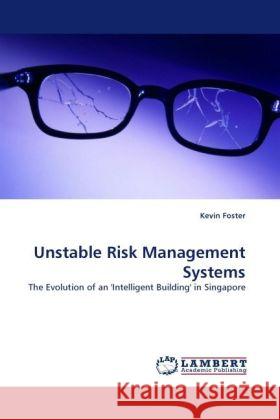Unstable Risk Management Systems : The Evolution of an 'Intelligent Building' in Singapore » książka
Unstable Risk Management Systems : The Evolution of an 'Intelligent Building' in Singapore
ISBN-13: 9783838329611 / Angielski / Miękka / 2010 / 292 str.
The research presented in this book demonstrates that in the management of risks arising from the development of complex socio-technical systems there are four contingent organisational states: high reliability; normal accidents; low reliability; and Murphy's law. This research has shown that negentropy and redundancy are the forces that seek to achieve effective organisational behaviour and lead to a more steady predictable high reliability state of algorithmic organisational stability. However, such stability is contingent upon limiting, as far as possible, environmental disturbances. If systemic overload and instability increase significantly during decision toward implementation, high reliability may not eventuate and a crisis may unfold. Redundancy and anticipation are important in order to achieve effective and/or efficient operations with rational decision-making and negative feedback control loops. However, resilience may be more important when decision- making is non-rational, lead times are less than lag times and where economy or equity and positive feedback loops provide a more appropriate fit with the environment.











